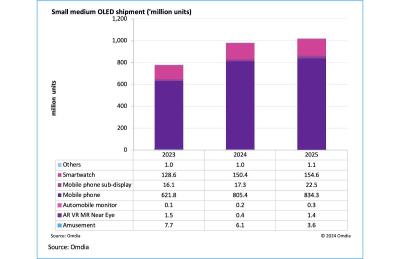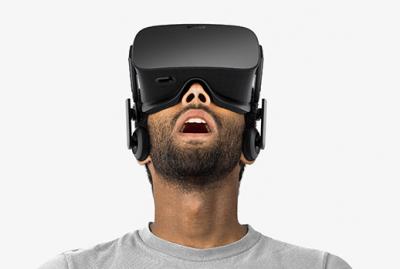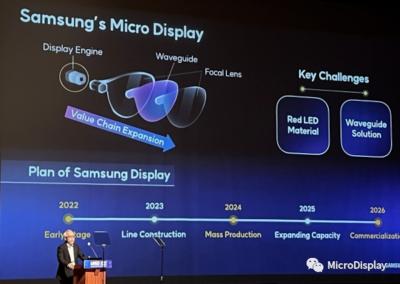Join us in March for a 2-day MicroLED and AR/VR innovations virtual event, as part of MicroLED-Connect!
MicroLED Connect, our hybrid event series focusing on the microLED industry, will be hosting a two-day virtual event focused on MicroLED and AR/VR innovations, technologies, manufacturing, markets and more. The online event will take place on March 6-7, and will be an excellent opportunity to learn the latest microLED and AR/VR updates and connect with industry professionals on our excellent online event platform. This event could be highly interesting for OLED display developers and anyone working on microdisplays, AR and VR solutions and more.
Today we have published the agenda for this event, with over 25 exciting talks by leading microLED developers, AR/VR developers, supply chain companies and top-edge researchers. This will be an excellent opportunity to learn and connect with the microLED industry. You can register for the event here, with a yearly pass to MicroLED-Connect (with an option to also include entry into our September on-site event in Eindhoven, The Netherlands). Our members also gain access to past event recordings.










